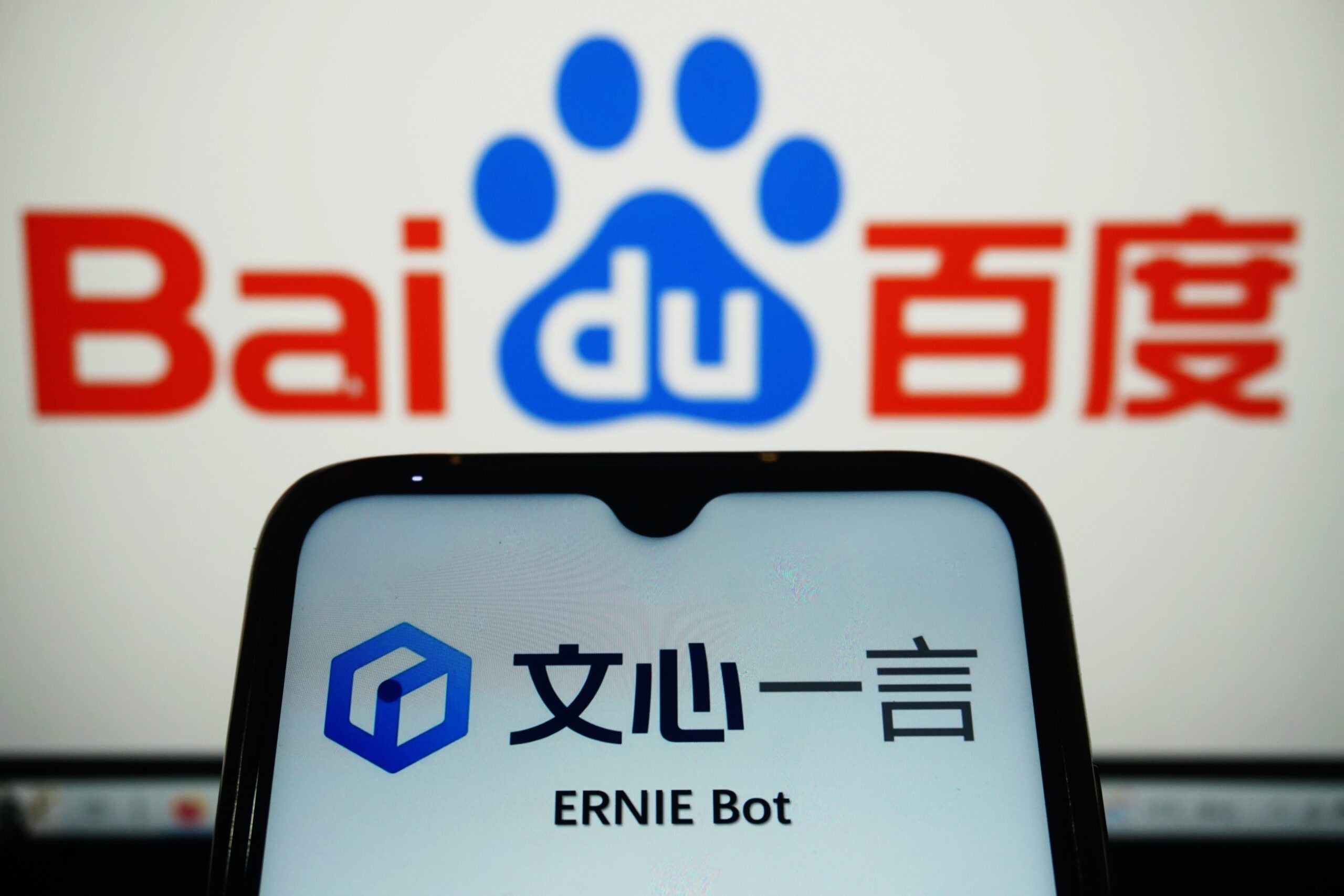
In a groundbreaking statement, Robin Li, the esteemed chairman and CEO of Baidu, has illuminated the extraordinary capabilities of ERNIE Bot, asserting its supremacy in Chinese language proficiency over OpenAI’s GPT-4. Li’s vision extends beyond mere technological prowess; he envisions a future where conventional programming roles become obsolete, replaced by a landscape where English and Chinese reign as the primary languages for coding.
According to reports from MyDrivers and IT Home, Li has outlined Baidu’s artificial intelligence (AI) strategy, which rests on four pivotal pillars: chips, architecture, models, and applications. Despite encountering obstacles due to US export controls on chip procurement, Baidu remains undeterred, identifying ample opportunities for innovation in the realms of architecture, models, and applications.
| Pillar | Strategy |
|---|---|
| Chips | Navigating restrictions through alternative solutions and stocked inventories |
| Architecture | Emphasizing robust frameworks for AI development |
| Models | Prioritizing the refinement and advancement of large language models (LLMs) |
| Applications | Expanding the utilization of AI across various sectors and industries |
Li exudes confidence in ERNIE Bot’s efficiency, emphasizing that its performance isn’t contingent upon possessing the most cutting-edge chips. Baidu’s innovative solutions and strategic stockpiling of inventories serve as formidable assets in circumventing chip-related challenges. Li reassures stakeholders of Baidu’s unwavering commitment to enhancing LLMs and exploring diverse supply chains to sustain its AI endeavors.
Moreover, Li highlights ERNIE Bot’s unparalleled prowess in comprehending and generating Chinese content, eclipsing the capabilities of GPT-4 in this domain. Nevertheless, he concedes GPT-4’s superiority in processing English material, attributing this to its extensive training with English language data.
Reflecting on the trajectory of AI development, Li notes that progress has not matched the rapid pace anticipated by some. He elucidates that the quest for AI supremacy spans seven decades, with each era heralding promises of breakthroughs that often fall short of expectations.
Despite this, Li remains steadfast in his optimism regarding AI’s transformative potential, particularly in reshaping the global workforce. He envisions a future where programming transcends its current complexities, requiring only rudimentary language skills. This shift portends a decline in demand for traditional programming roles, with English and Chinese emerging as the dominant coding languages, thereby simplifying technological interfaces.
Li delves into the burgeoning trend of companies investing in LLM development, questioning the necessity of duplicative efforts. He argues that this widespread duplication leads to inefficiencies in resource allocation and labor utilization. Instead, Li advocates for a more cohesive and streamlined approach to AI development, one that maximizes societal resources while minimizing redundancy.
In conclusion, Robin Li’s elucidation of Baidu’s AI vision offers a glimpse into a future where language barriers in technology are dismantled, and innovation thrives amidst external constraints. As Baidu continues to push the boundaries of AI with ERNIE Bot, the implications for global technology and society at large are profound, heralding a new era of language-agnostic coding and efficient AI development.
Related News:
Featured Image courtesy of CNBC
